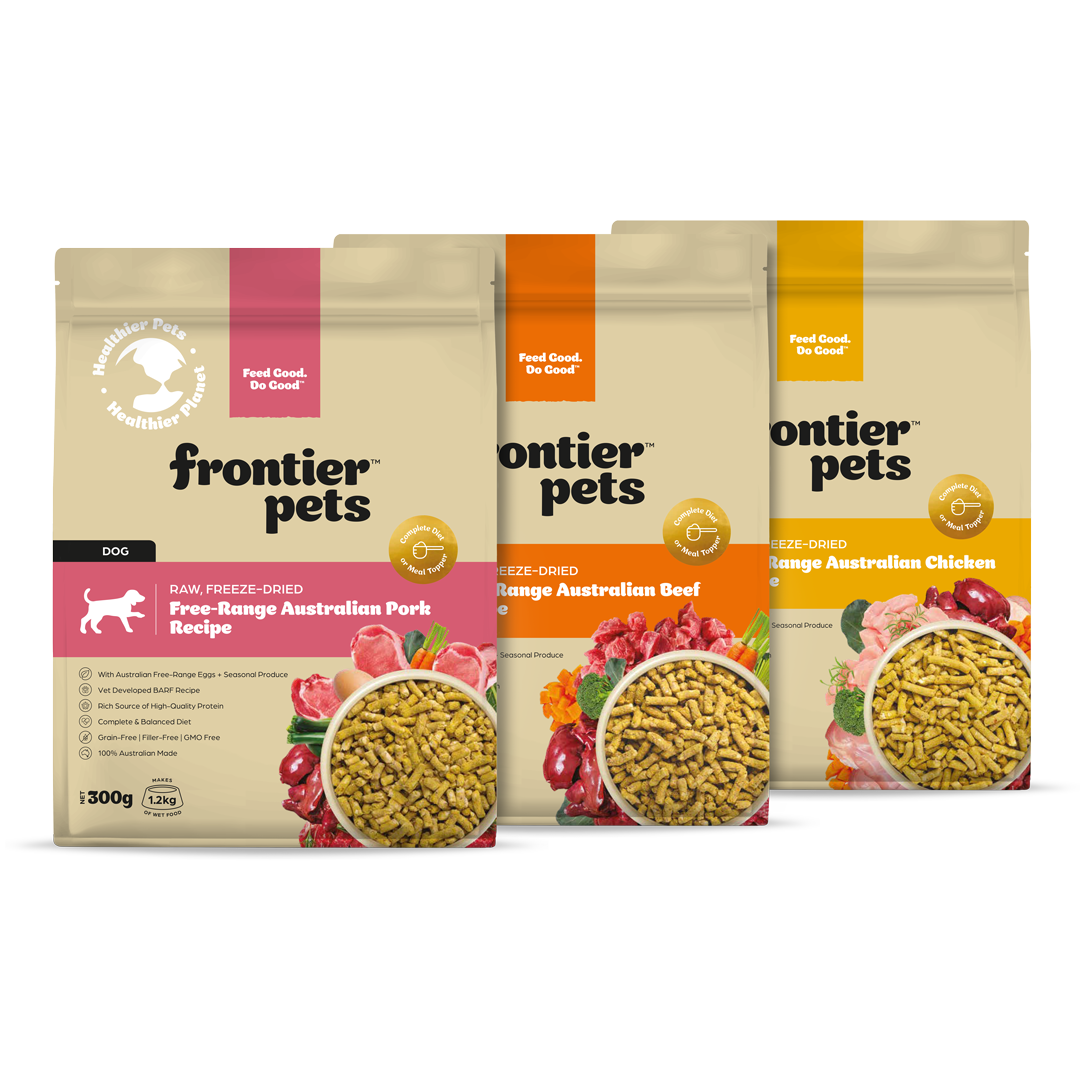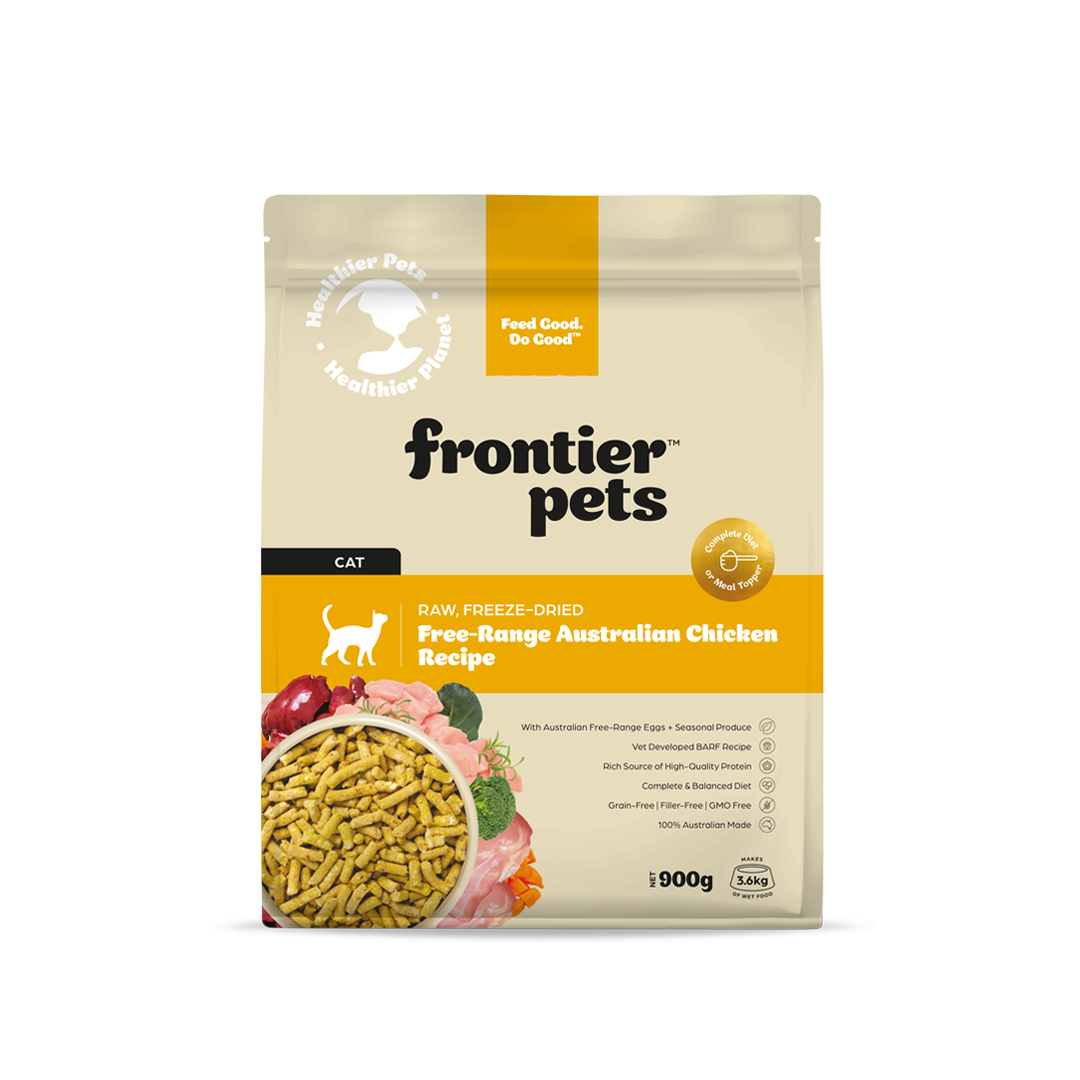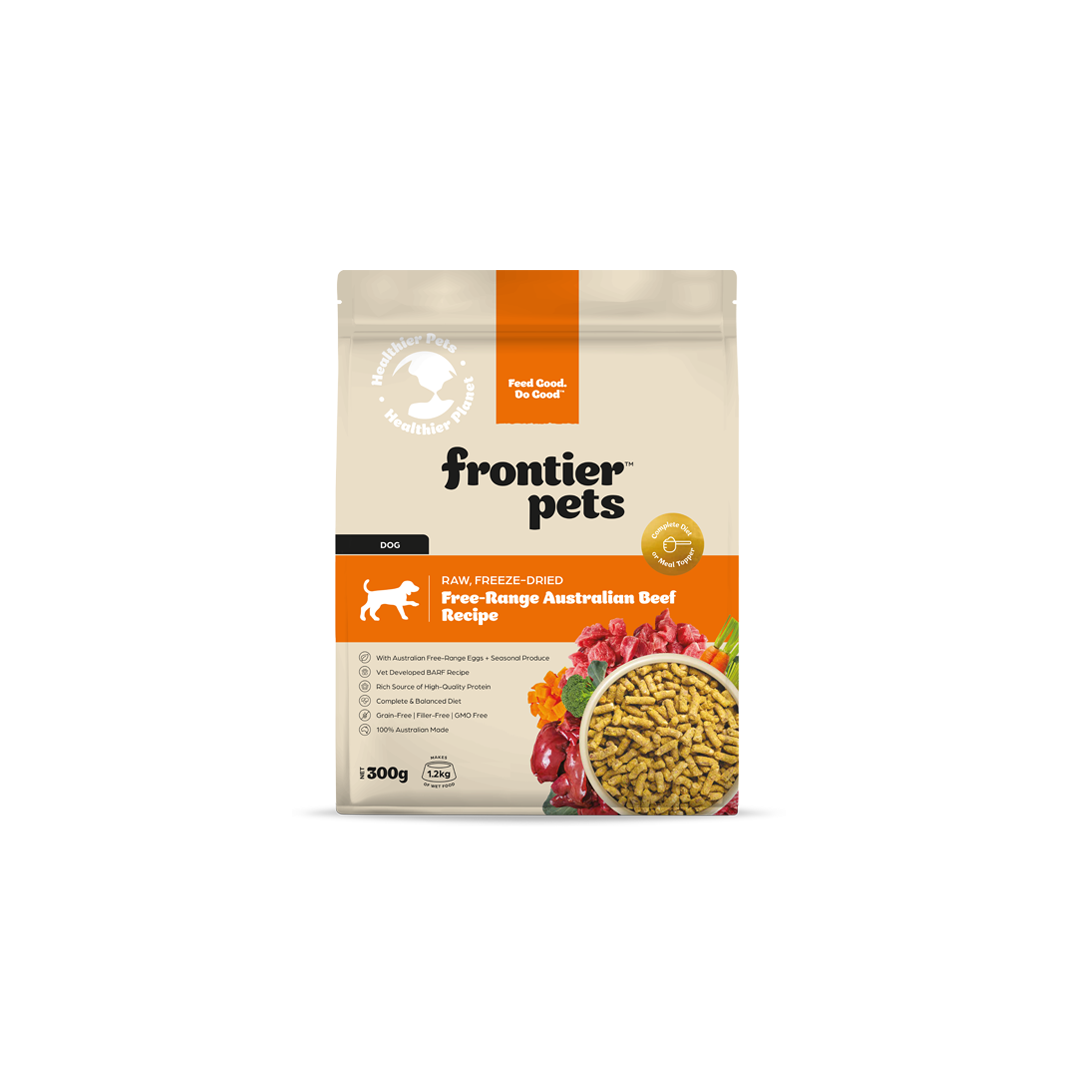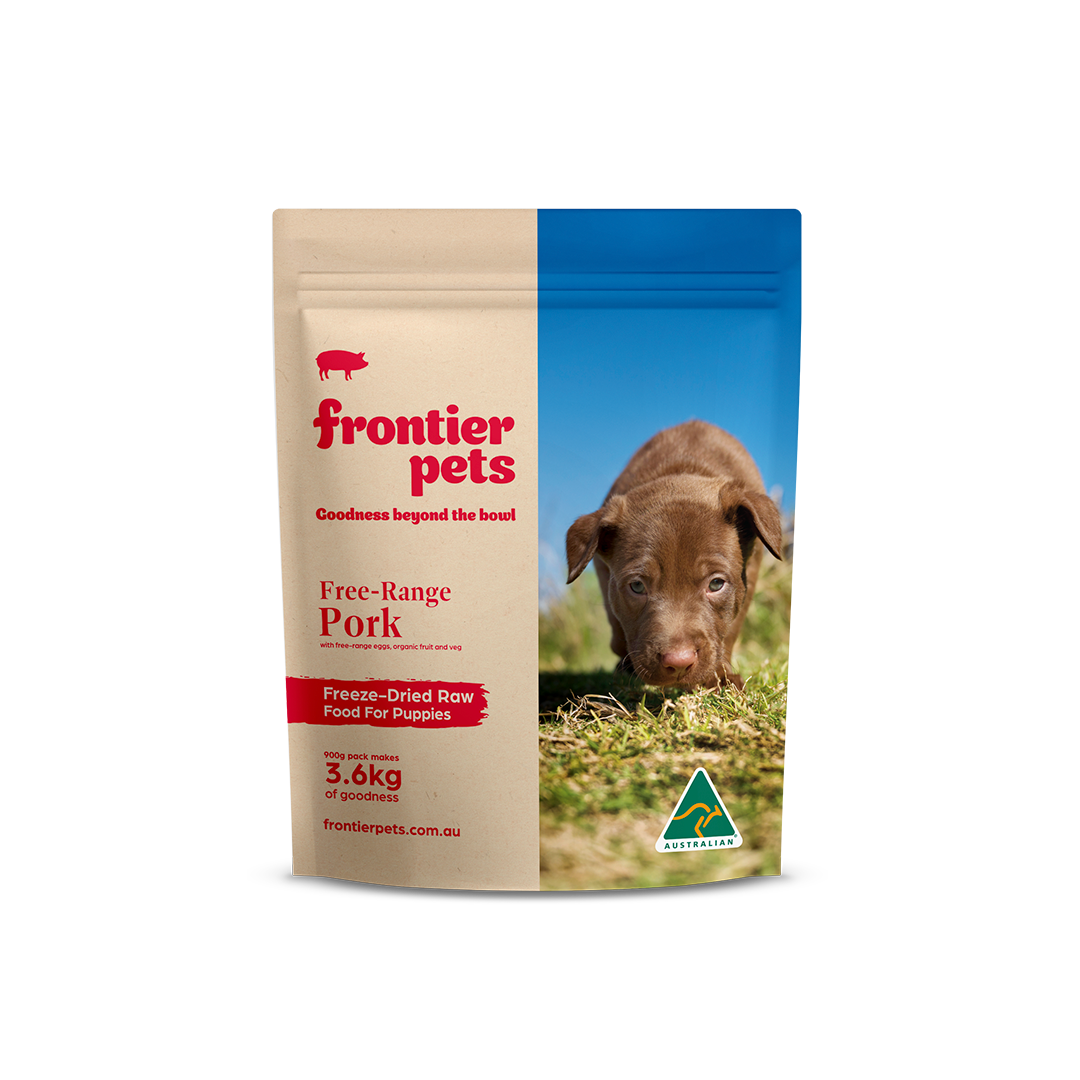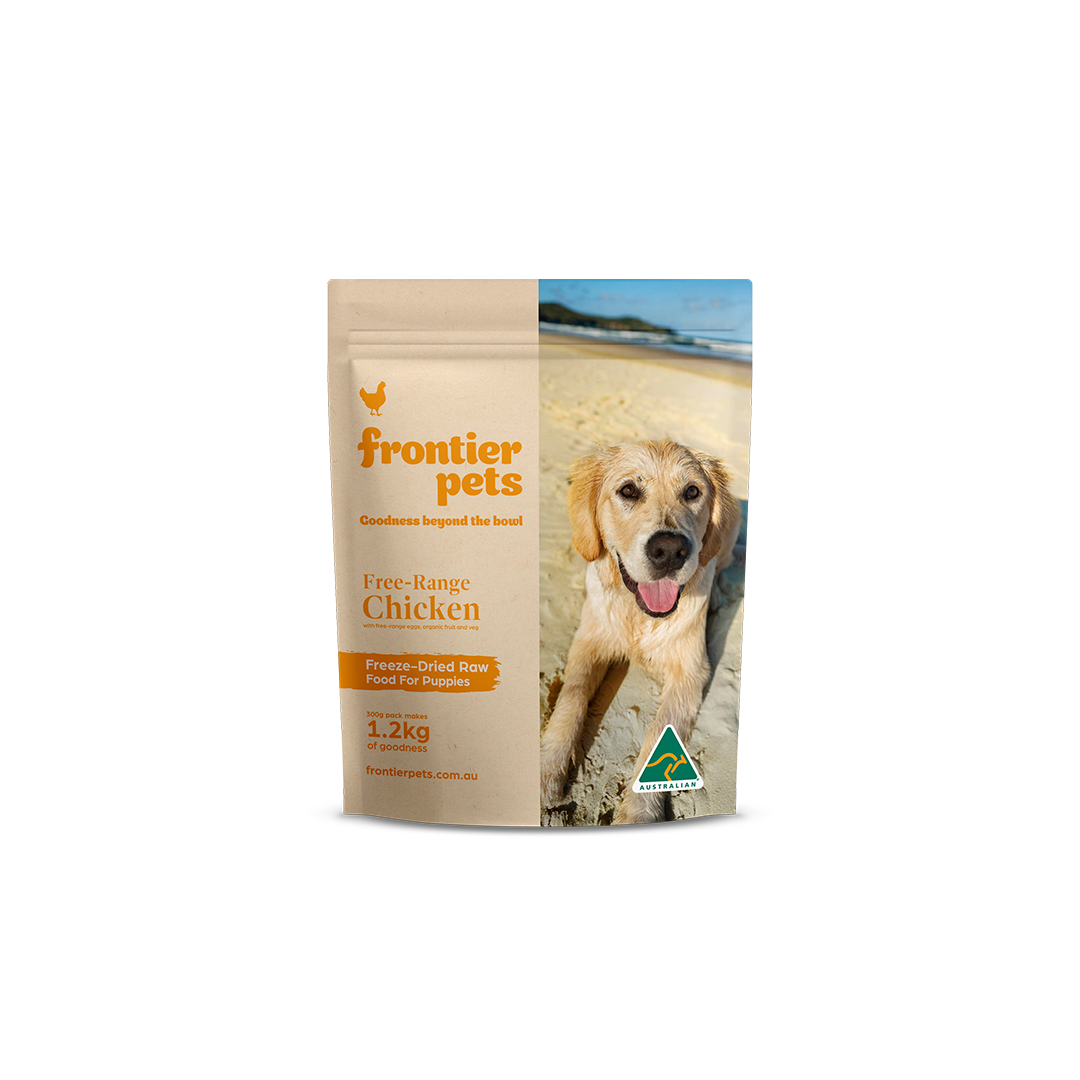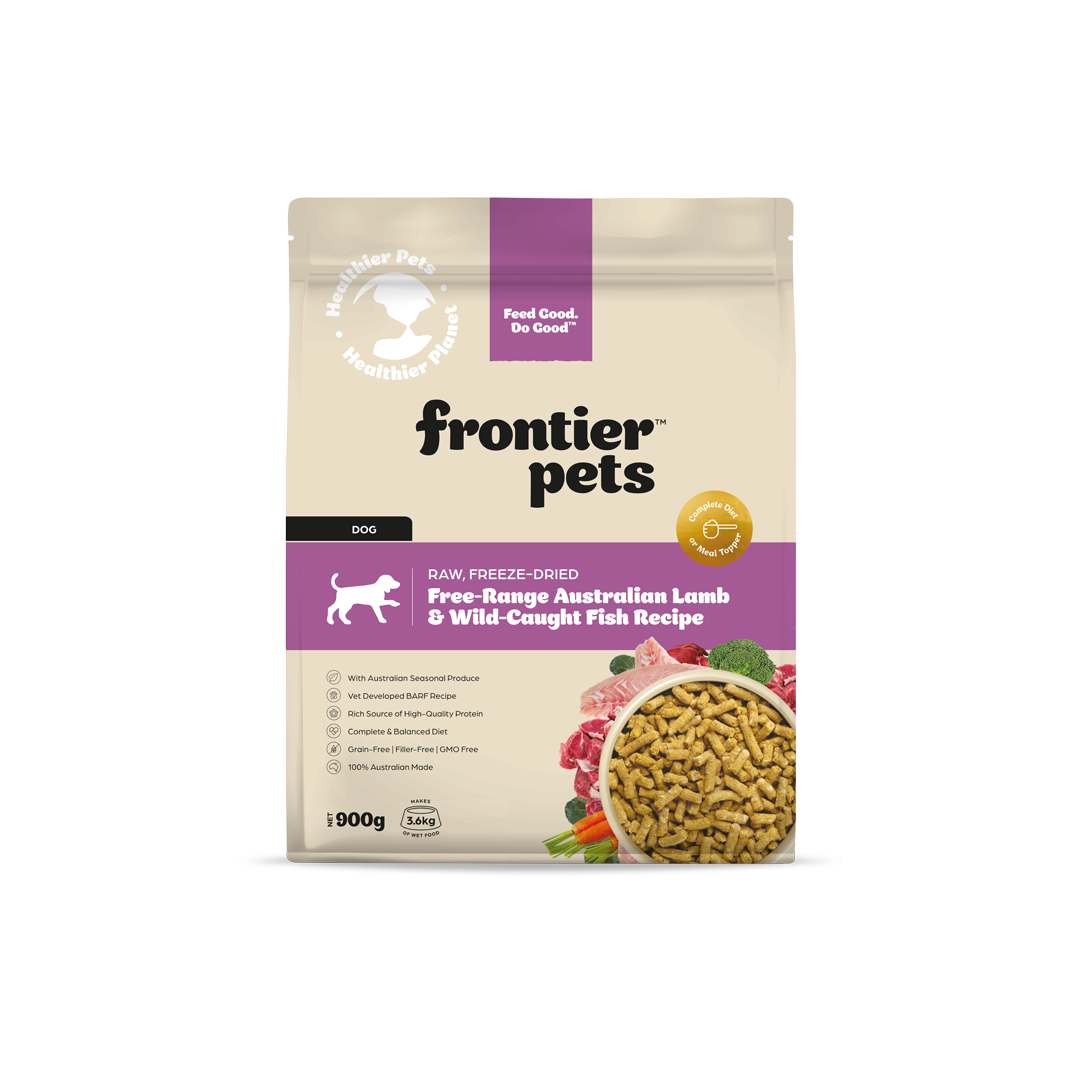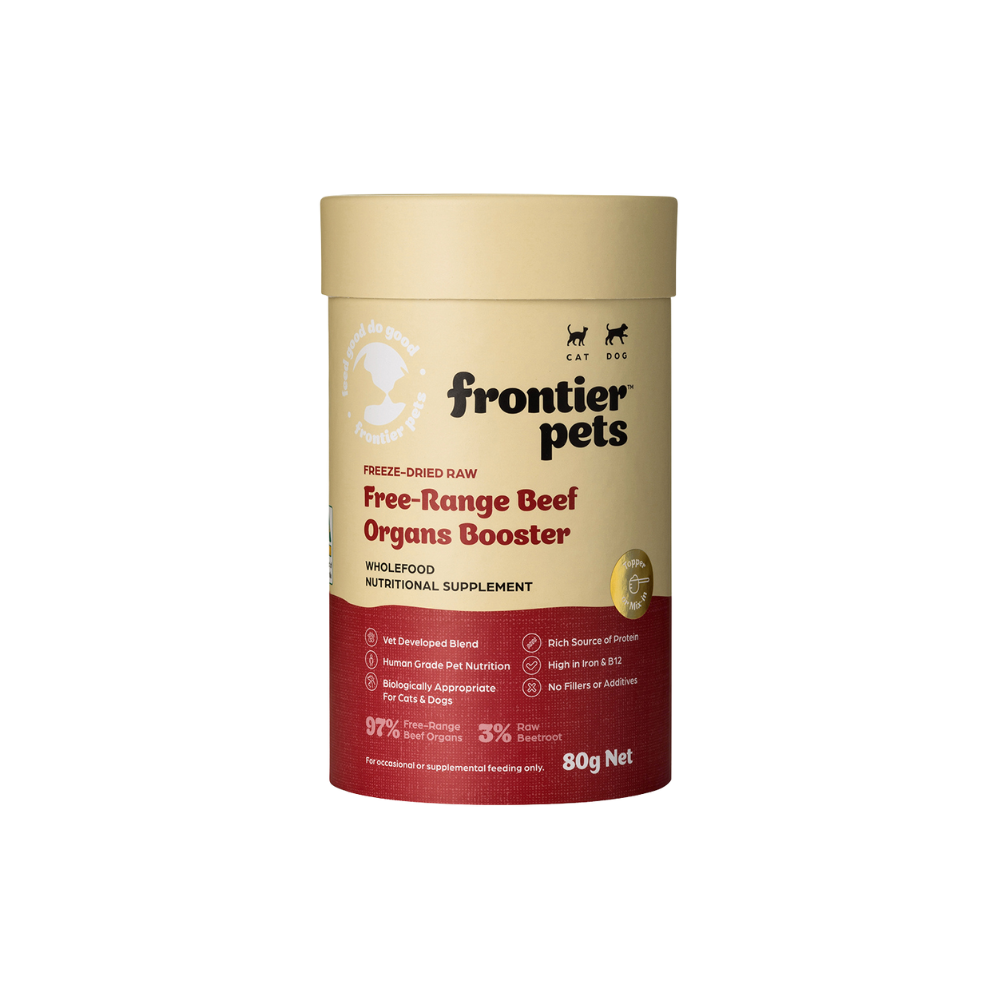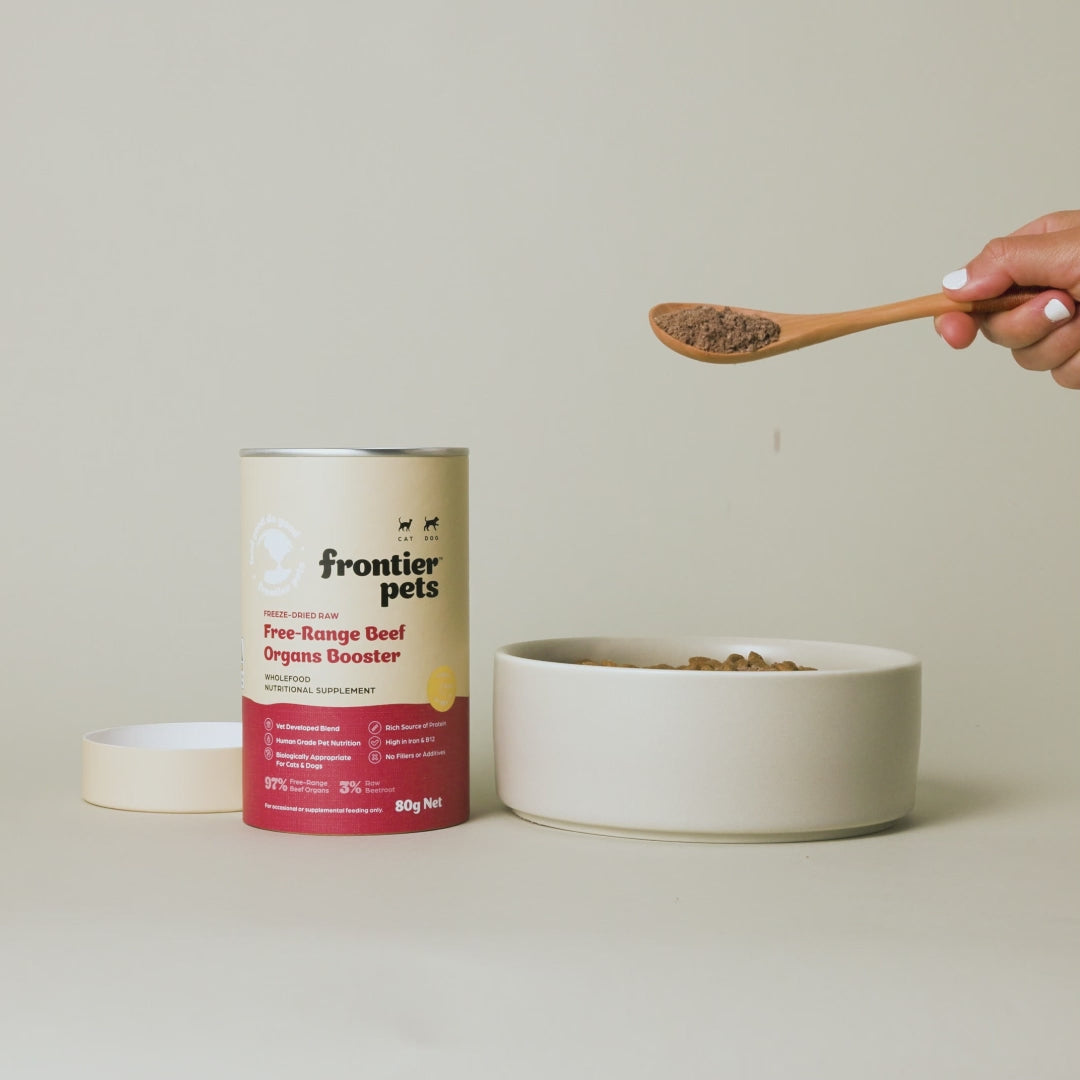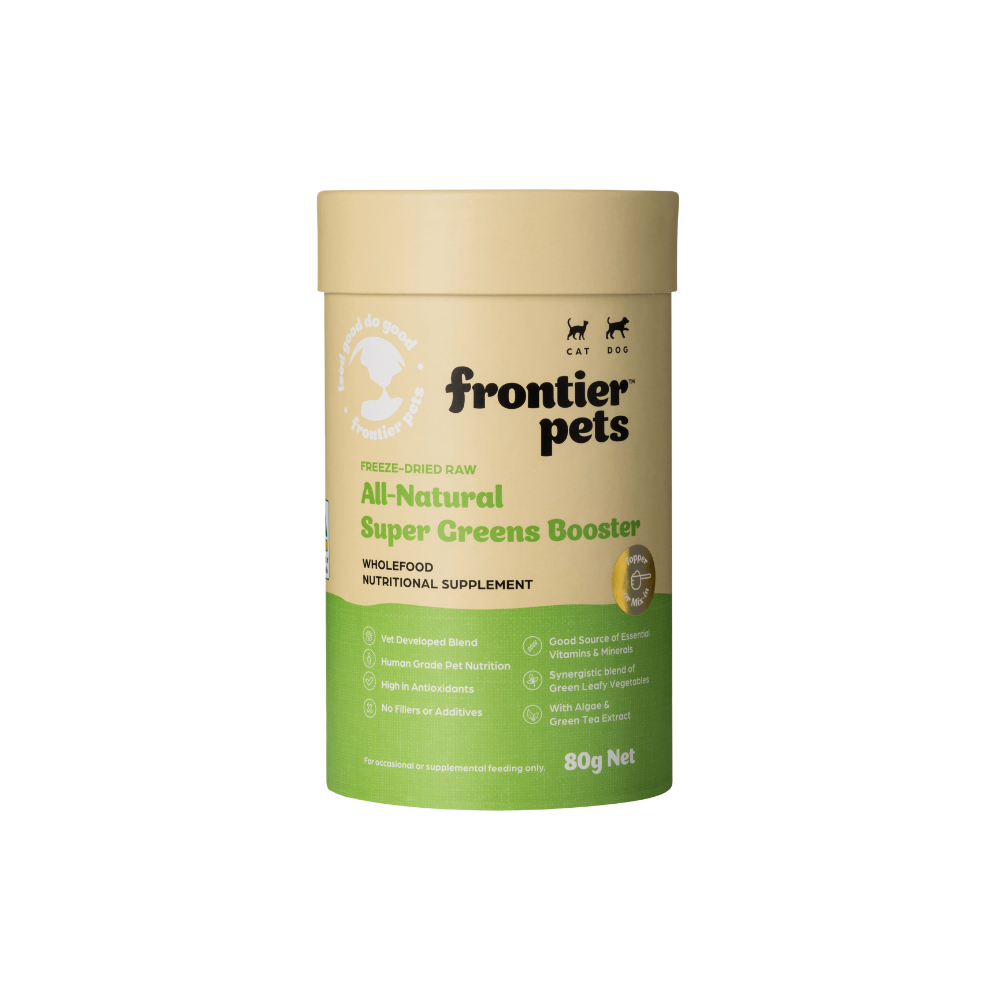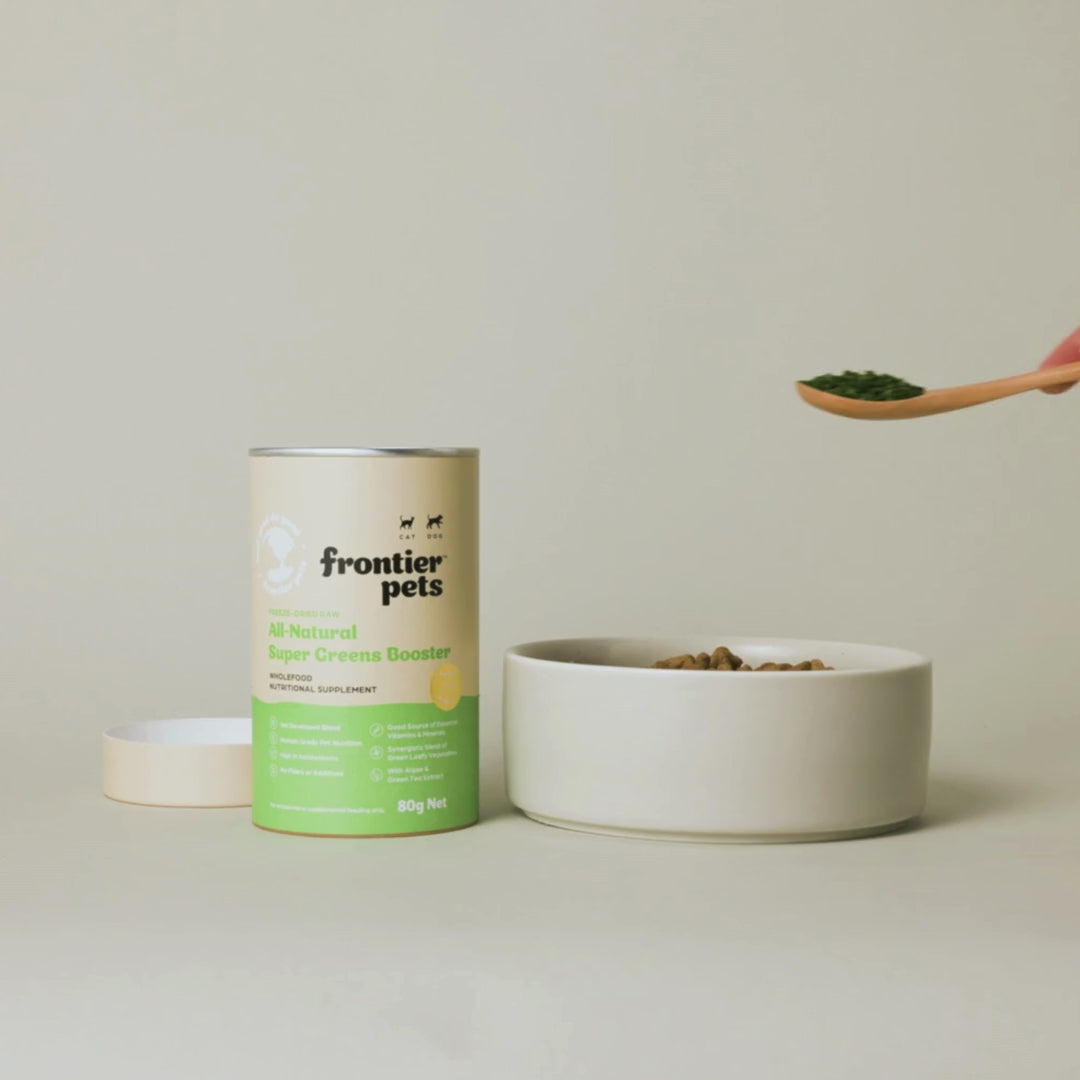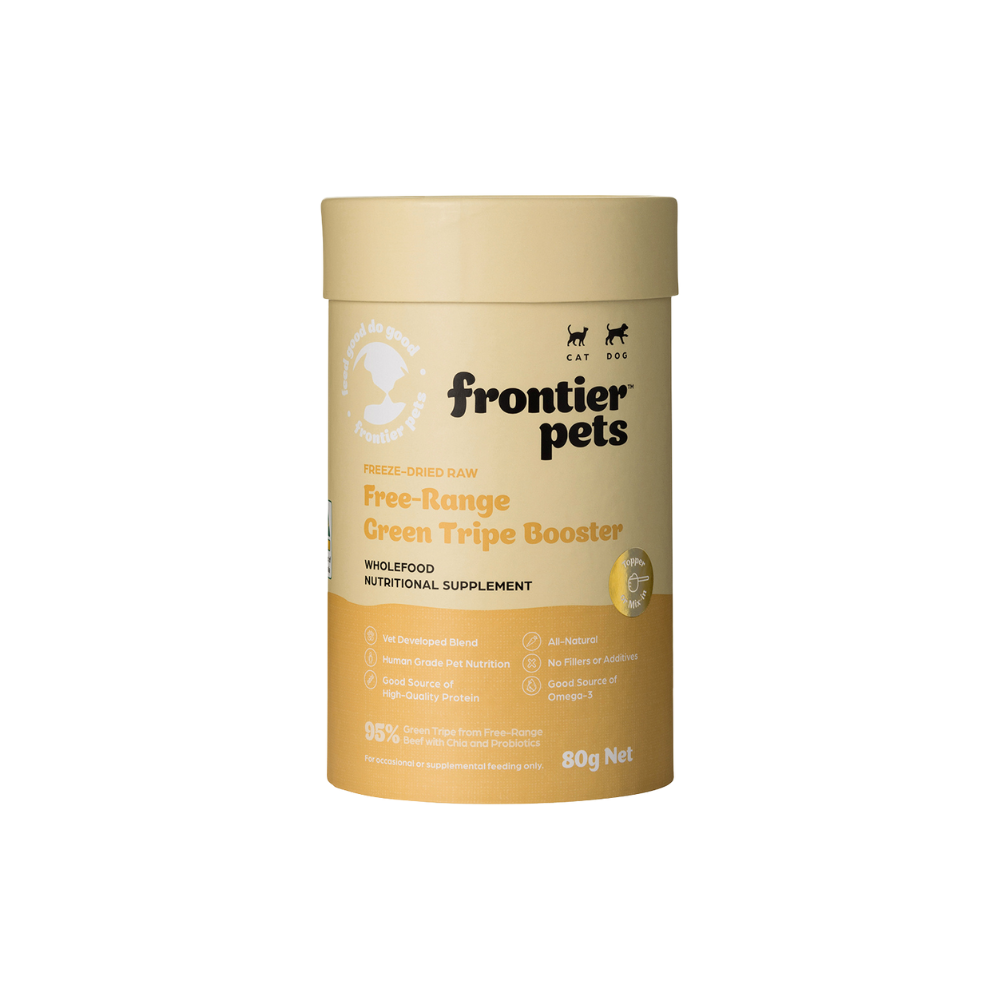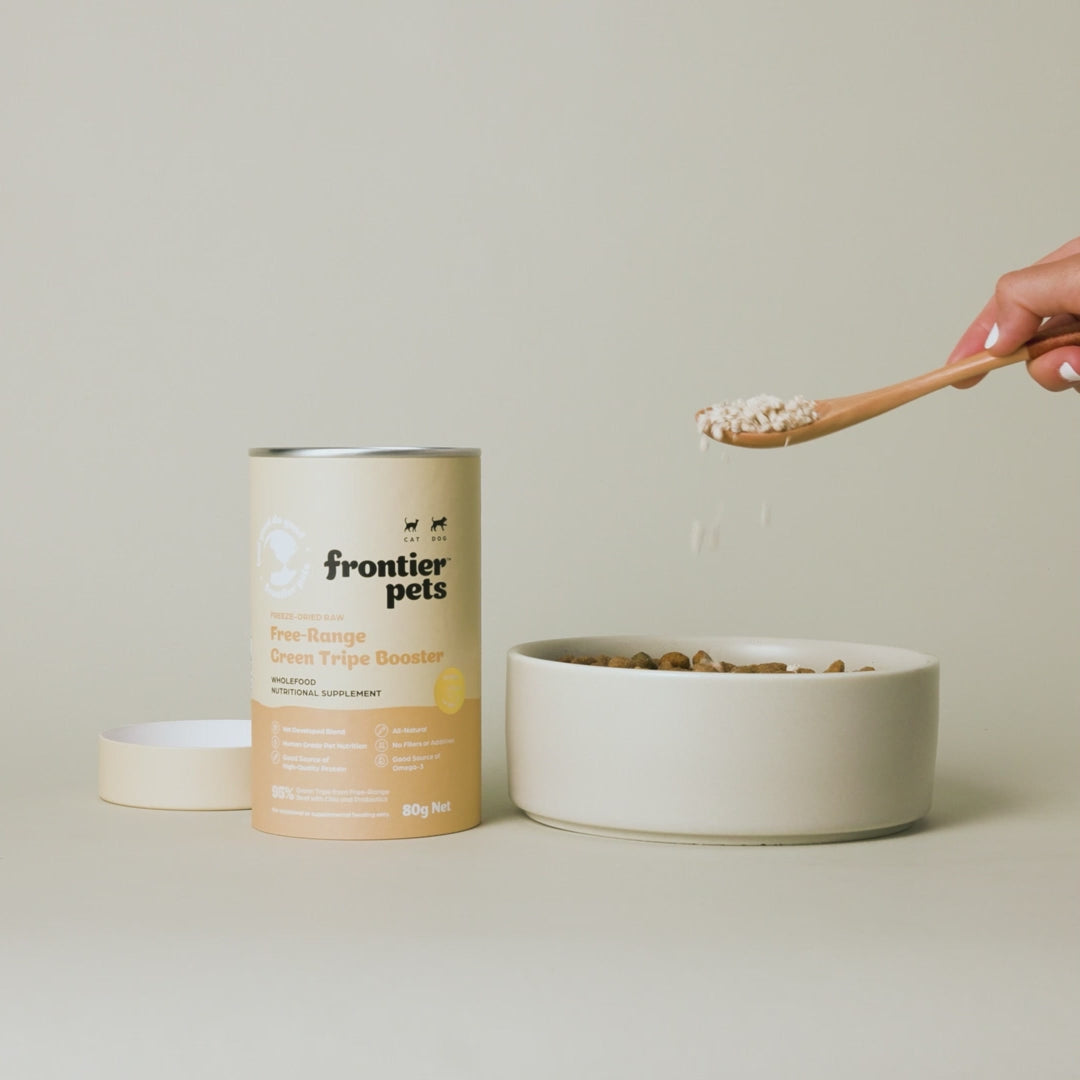Understanding Grain-Free Dog Food | Benefits, Myths, and Nutritional Quality

Grain-free dog food has become a popular option among pet owners, but it comes with its own set of benefits and risks. This guide will explore the research on grain-free diets from leading sources, such as PetMD, the American Kennel Club (AKC), The Whole Dog Journal, Dogs Naturally Magazine, and the Veterinary Centers of America (VCA). By diving deep into the topic, we'll clarify common myths, examine the nutritional impact, and outline factors to consider when choosing the right diet for your dog.
Key Takeaway
- Grain-free dog food can be beneficial for dogs with specific grain sensitivities, but it is not necessary for all dogs.
- Nutritional balance is crucial. Ensure that the diet provides the right mix of protein, fat, fibre, and essential vitamins and minerals.
- Watch out for substitutes like legumes and potatoes, which may still provide high carbohydrate levels.
- Consult with your veterinarian, especially if your dog has any pre-existing health conditions like heart disease, before making a dietary switch.
What Is Grain-Free Dog Food?
Grain-free dog food excludes common grains like wheat, corn, rice, oats, and barley, which are typically used as carbohydrate sources in traditional dog food. These diets often substitute grains with alternative carbs, such as potatoes, peas, lentils, or tapioca. Some grain-free formulas emphasise higher levels of protein, primarily sourced from meat, making them appealing to owners who want their dogs to have a more ancestral diet.
Benefits of Grain-Free Dog Food
Potential for Allergy Reduction
Many dog owners switch to grain-free diets because they believe grains may cause food allergies or sensitivities in their pets. However, according to PetMD, food allergies in dogs are more often linked to animal proteins, such as beef, dairy, and chicken, rather than grains. Still, some dogs with specific grain allergies or intolerances may benefit from a grain-free diet.
Improved Digestibility
Dogs with certain digestive issues may find grain-free diets easier to digest, especially if they are sensitive to gluten. Some grains, particularly wheat, contain gluten, which can cause problems for dogs with gluten sensitivities, similar to celiac disease in humans. Grain-free formulas that focus on whole foods and protein sources may improve gut health and nutrient absorption.
Enhanced Coat and Skin Health
Proponents of grain-free diets, including sources like Dogs Naturally Magazine, argue that the higher-quality ingredients used in these formulations can improve skin and coat health. The increased protein and fat content, along with essential fatty acids from meat, fish, and flaxseed, may lead to shinier coats and healthier skin.
Risks and Concerns with Grain-Free Diets
Potential for Nutrient Deficiencies
One of the biggest concerns with grain-free dog food is the potential for nutrient imbalances. The American Kennel Club explains that grains are a rich source of fiber, vitamins, and minerals like iron, magnesium, and B vitamins, which may be lacking in grain-free diets if not properly substituted. Owners need to ensure that their dog's grain-free diet provides a well-balanced nutrient profile.
Heart Disease Concerns: Dilated Cardiomyopathy (DCM)
Recent studies have raised concerns about the connection between grain-free diets and dilated cardiomyopathy (DCM), a serious heart condition in dogs. The Veterinary Centers of America (VCA) and the FDA have investigated the correlation between grain-free diets, particularly those high in peas, lentils, chickpeas, and other legumes, and an increased risk of DCM in certain breeds. While the direct cause remains under investigation, the possible link highlights the importance of consulting with a veterinarian before switching to a grain-free diet.
High Carbohydrate Substitutes
Many grain-free dog foods use ingredients like potatoes, peas, and tapioca to replace grains. While these may be better for dogs with grain sensitivities, they are still carbohydrates, and in some cases, they may be higher in carbs than traditional grain-based dog food. This can lead to weight gain and other metabolic issues in some dogs, particularly if the formula is not balanced with appropriate protein and fat levels.
Myths and Facts About Grain-Free Diets
Myth: All Grains Are Bad for Dogs
According to The Whole Dog Journal, not all grains are harmful. In fact, many dogs can thrive on diets that include whole grains, which can provide necessary fiber and energy. Grains like brown rice and oats are considered beneficial for some dogs, offering a slower release of energy and promoting a healthy digestive system.
Myth: Grain-Free Equals Low Carb
It is a common misconception that grain-free means low-carb. As PetMD points out, many grain-free foods still contain substantial amounts of carbohydrates, particularly from ingredients like sweet potatoes or legumes. Owners seeking a low-carb diet should check the overall carbohydrate content rather than assuming grain-free is inherently lower in carbs.
Fact: Some Dogs May Require Grain-Free Diets
For dogs with confirmed grain allergies or intolerances, grain-free diets can be essential. However, The American Kennel Club notes that these cases are relatively rare, and most dogs do not need to avoid grains unless recommended by a veterinarian.
Grain-Free vs. Freeze-Dried Raw Diets
A related trend is the rise of freeze-dried raw diets, which appeal to pet owners looking for minimally processed, high-protein options for their dogs. Dogs Naturally Magazine highlights the benefits of freeze-dried food, such as the preservation of nutrients and the convenience of storage. Freeze-dried diets often align with grain-free principles, focusing on whole proteins and avoiding processed fillers, making them a good option for dogs with grain sensitivities.
Freeze-drying maintains the nutritional integrity of the ingredients without the need for preservatives, and it keeps raw meats in a shelf-stable form, offering a fresh diet for dogs without the hassle of raw food handling.
Should You Choose a Grain-Free Diet for Your Dog?
Deciding whether to feed your dog a grain-free diet should be based on individual needs. If your dog has a grain allergy or intolerance, or if your veterinarian recommends it, a grain-free diet may be beneficial. However, it’s essential to consider the potential risks, particularly related to heart health and nutrient imbalances.
Conclusion
Grain-free dog food offers several potential benefits, particularly for dogs with allergies or sensitivities. However, it’s essential to distinguish fact from myth and ensure that your dog's diet is nutritionally balanced. While grain-free diets can be a good fit for some, they are not the optimal choice for all dogs. The best approach is to consult with a veterinarian and choose a diet tailored to your dog's specific needs.
Frequently Asked Questions (FAQs)
More Blog posts

Best Low Maintenance Dog Breeds in Australia
Choosing your new fluffy companion is never easy. There is a wide range of considerations that go into finding the perfect pup for you! From your lifestyle to your living arrangements, it’s importa...
Read more
Steps With Pets Charity Challenge, August-September 2025
Steps with Pets – Tottenham Hotspur’s global charity dog-walking challenge, supported by Frontier Pets Calling all dog-loving Spurs fans around the world! This is your chance to combine your pass...
Read more
